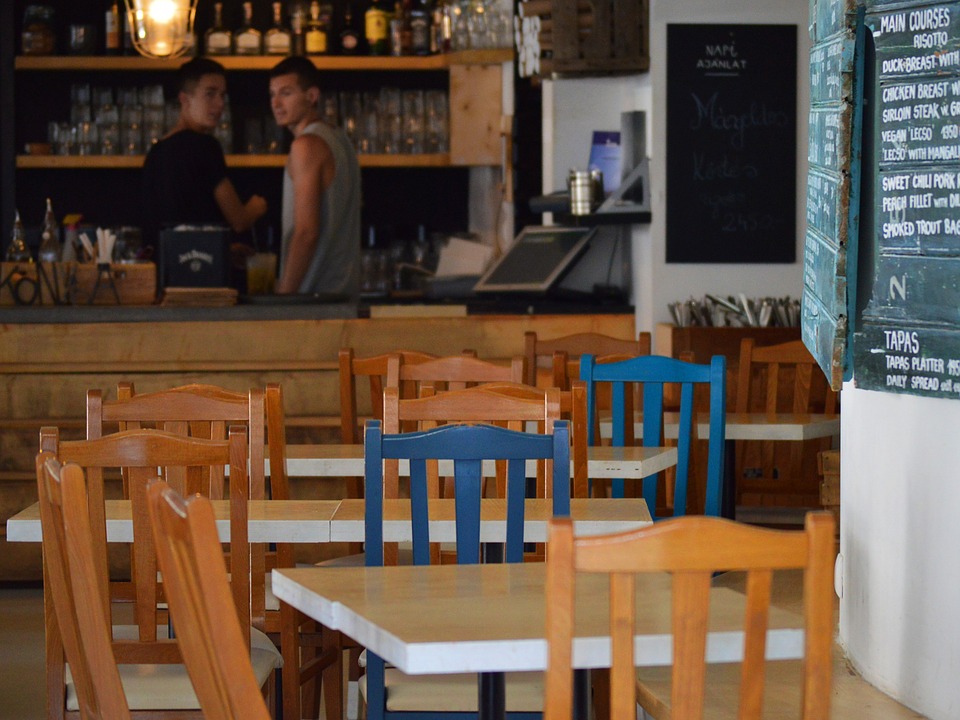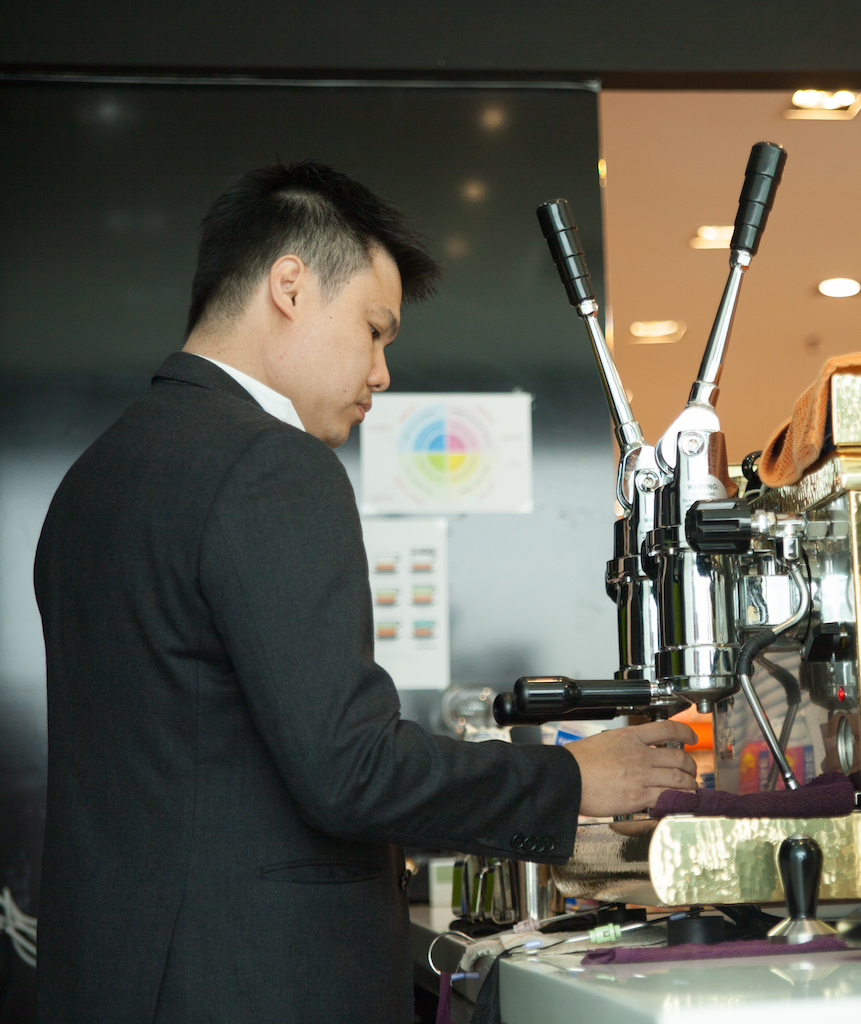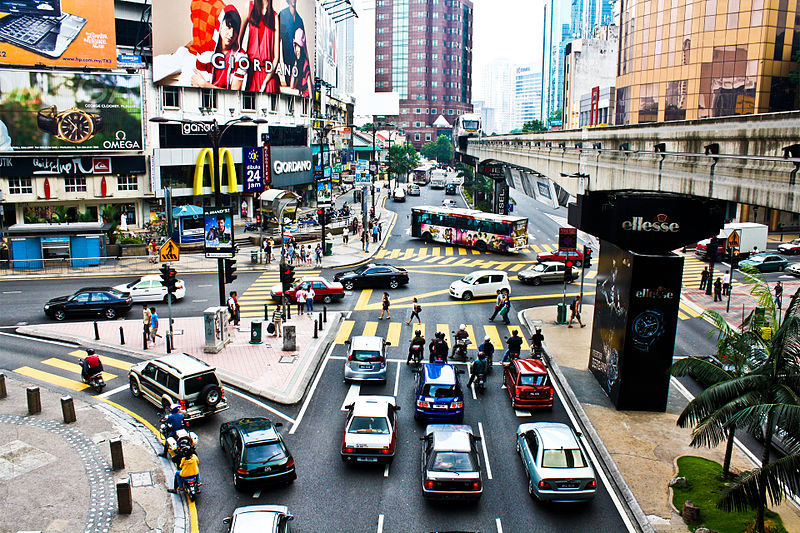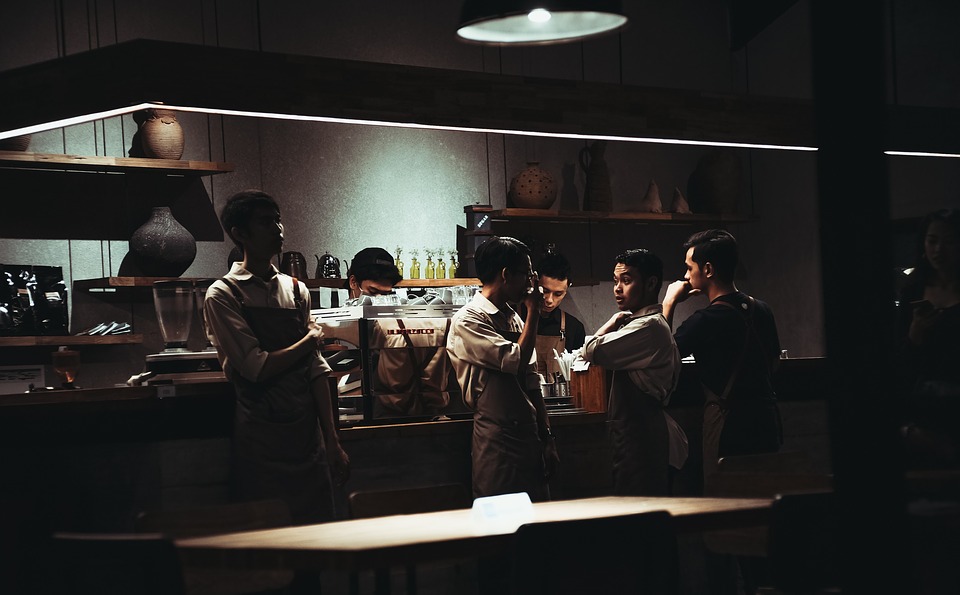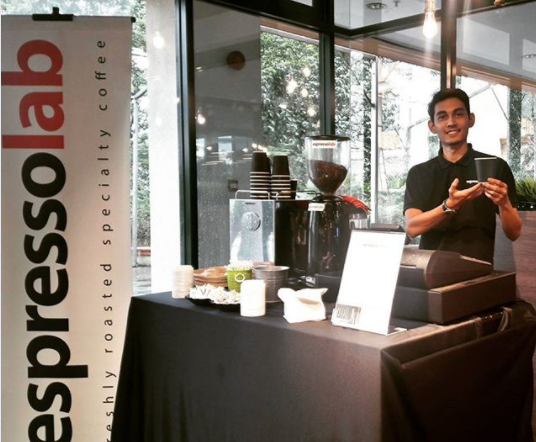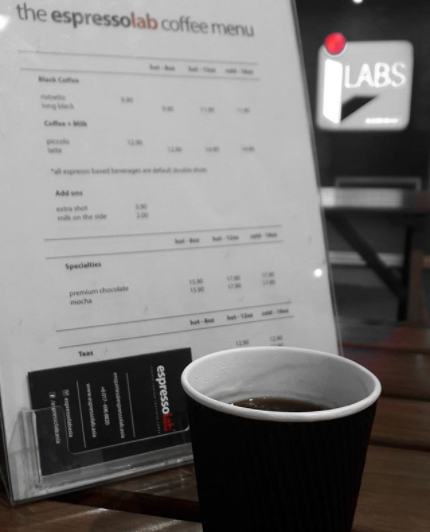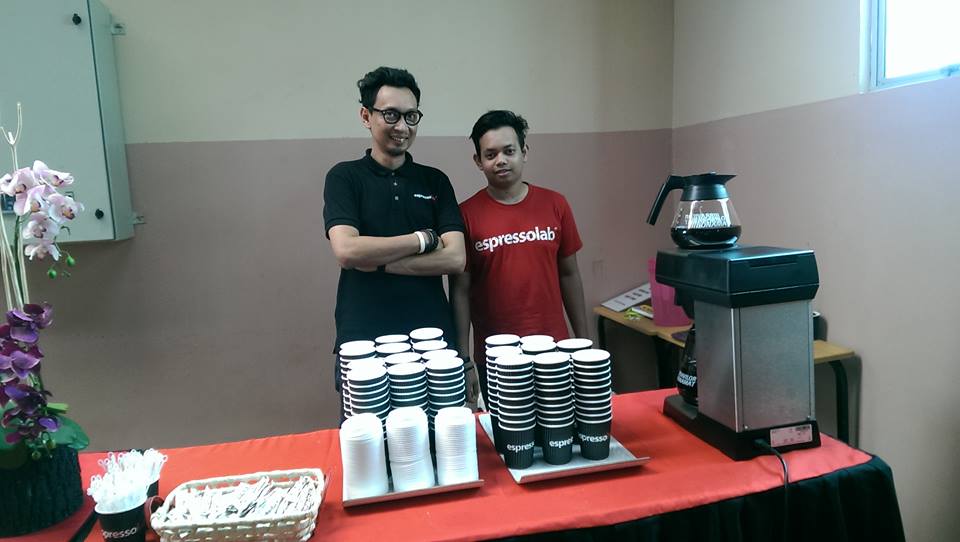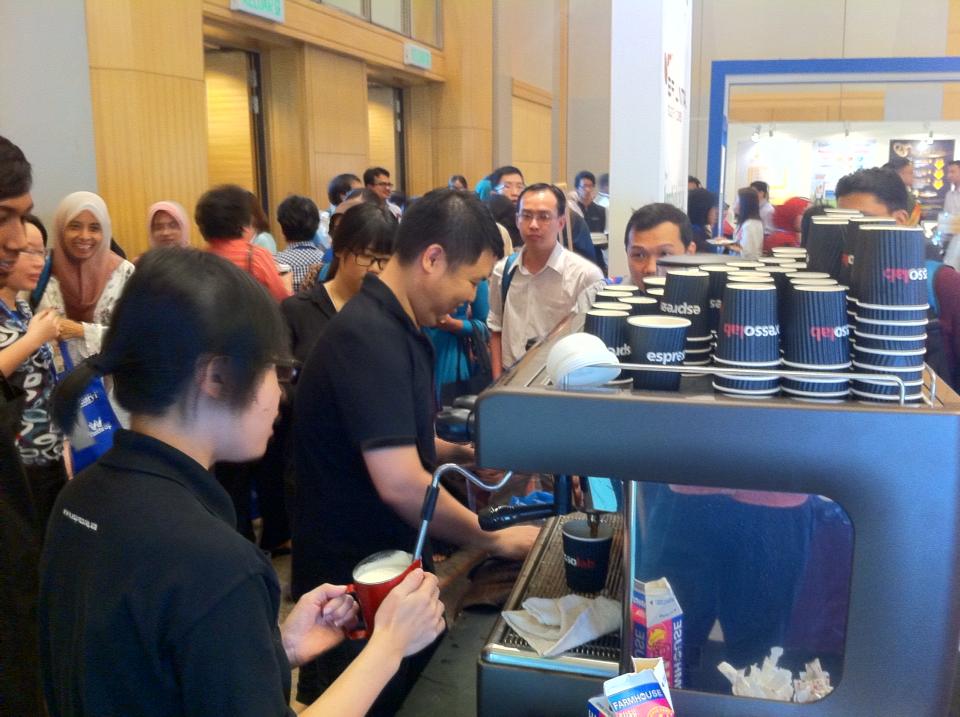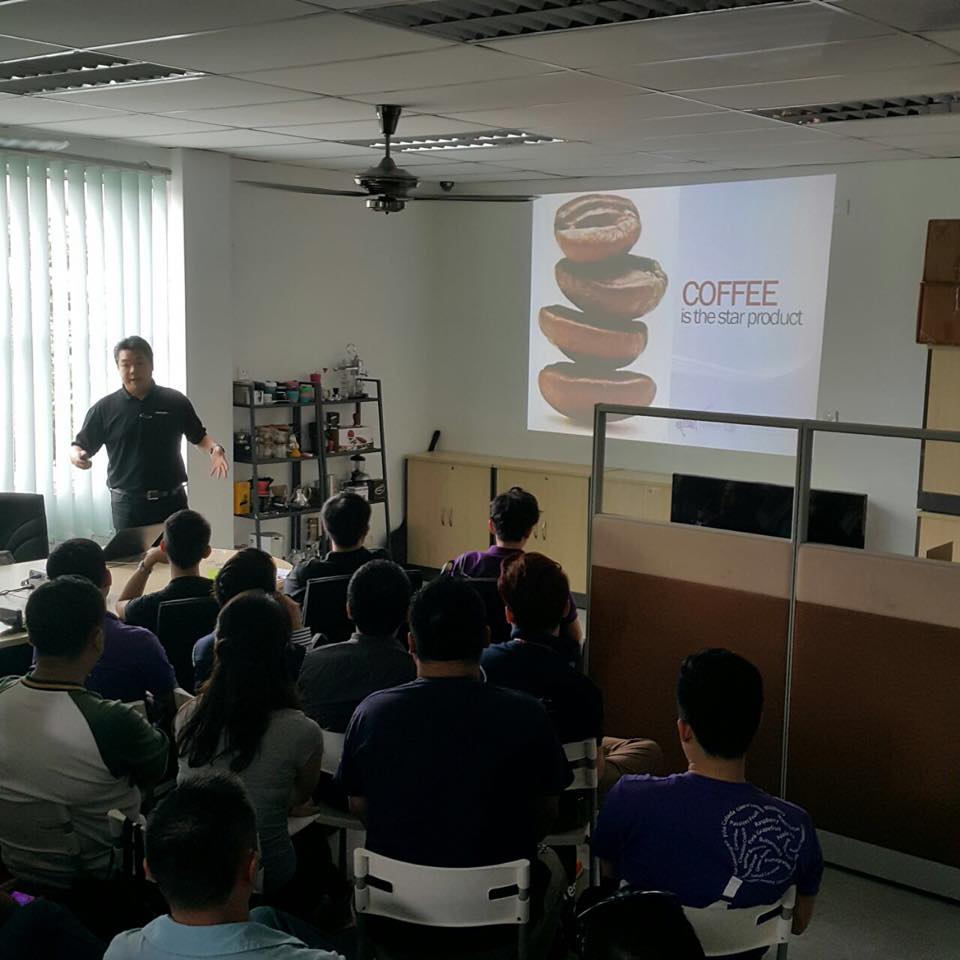Local Cafes Are Struggling To Survive. Here's What espressolab Is Doing To Change That
The new business model reduces operational costs significantly.
There was a time when the crowd-favourite cita-cita was either doctor or engineer. A lot has changed since then; with entrepreneurial awareness at its peak, being a cafe owner is now the ultimate dream gig.
But of course, running a cafe isn't just about pulling espresso shots and picking out minimalist Scandinavian furniture. Trying to sustain the business in the face of tough competition here in Malaysia is a lot more challenging than most would expect.
Take it from espressolab COO Joshua Liew. Overseeing operations of this pioneering cafe franchise, Joshua understands the importance of innovation and resilience in maintaining a successful coffee business.
Since its establishment in 2011, the integrated coffee company takes a hands-on approach to the different areas of running the business, from material sourcing to staff training. The brand also employed the licensing model to rapidly grow its presence locally and regionally in recent years.
Speaking about the biggest challenges faced in sustaining a coffee business, Joshua shares that high rental and labour costs are the biggest factors causing cafes to call it a day
Picking a strategic spot with easy accessibility and high foot traffic is the ideal situation for a coffee business. But with a prime address comes pricey rental, and given the ultra competitive landscape of this industry in the Klang Valley area, this becomes one of the biggest hurdles to keeping the business alive.
Adding on to these hefty costs is the challenge of managing staff-related expenses. Proper investment is needed when it comes to hiring quality talents, of which the costs include wages and benefits. Staff retention is a major issue across industries, and especially so for a business in the service industry, and the high costs of staff turnover can add up and significantly impact the business' financial health.
Facing these challenges themselves over the years, espressolab has since launched a pop-up coffee cart business model as a sustainable solution
The popularity of the pop-up model has been increasing rapidly in Malaysia and for good reason - the lean, compact set-up provides a cost-efficient alternative to the traditional business model.
This lean structure, serving up an optimised drinks menu within a small physical space, helps keep day-to-day costs manageable.
The cart can be easily operated by a minimal number of staff too at one time, which significantly lowers staff-related costs.
1. Lower start-up investment and overheads
The pop-up cart's relatively small footprint of 50 sq ft translates to lower rental and overheads, making it more accessible for budding entrepreneurs to own a coffee business.
espressolab's compact cart comes equipped with coffee equipment and built-in water system, eliminating the need for any drilling or plumbing in order to get the cart running.
By setting up the pop-up cart at strategic high-traffic areas, the business is able to reap the advantages of a prime location at a fraction of the cost of a traditional brick and mortar set-up.
2. Flexibility
Staying small and lean gives the business owner the advantage of reacting quicker to changes in market demand. The pop-up cart can be easily shifted to more strategic locations, when needed, which can be especially beneficial in capturing the crowd during high-spending seasons.
3. Access to training and support
With espressolab's in-depth experience in the coffee business, operators of the pop-up coffee cart stand to gain insightful industry knowledge from the brand. espressolab's business package includes a comprehensive training program to ensure consistency and efficiency, from coffee-making to front line operations.

